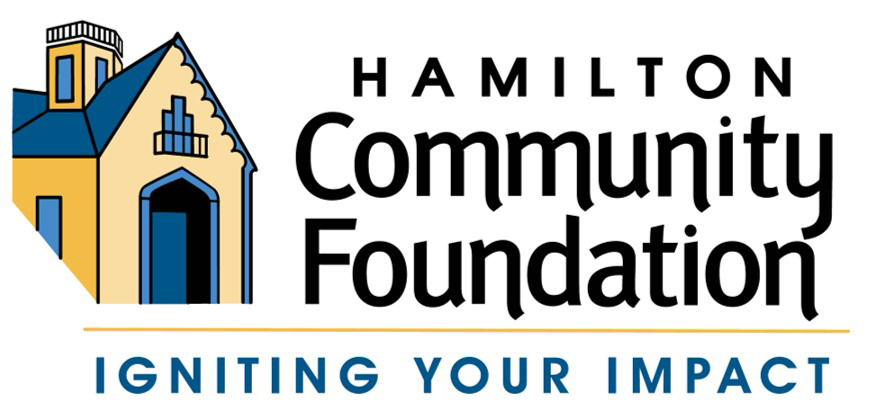News
Foundation Grant a Lucky Break for Buster
A $50,000 grant made recently from Hamilton Community Foundation to the Animal Adoption Foundation (AAF) rescue shelter will provide help for dogs and cats needing medical care. When animals need surgery, medical care, or training to overcome behavioral and social issues, it can keep them from being adopted. The grant came through the Hamilton Community Foundation from an anonymous donor with a love for animals.
Just eight weeks after AAF received the grant, its board chair, Sharon Ollinger, received a surprise: a phone call about a three-year-old Chihuahua with a broken leg, the result of bring deliberately thrown out from a car window. “His leg was literally dangling,” says Sharon.
“The original owner purchased a microchip from the Animal Adoption Foundation in Hamilton,” says Carie Schultz, executive director of AAF. So when AAF was contacted about Buster, they agreed to take him back and do whatever they could to help. Buster required emergency surgery to place a pin and a plate were put in the small dog’s leg. A three day hospital stay for Buster followed, and he is now recovering at the home of a volunteer foster family. Two to three times a week, he is taken to physical therapy, which aids in pain management, healing and strength building so that Buster can regain full use of the leg.
Buster recently had a follow up appointment with his surgeon. “The bones have started healing together which is great news,” says Sharon. “He has therapy through the first week of March at Med Vet and I will continue home therapy for several weeks after that. He is allowed to go on short walks and more out of crate time. I am very pleased with his progress as is the surgeon. The good news is that we are going to adopt him. Happy ending for all!”
“Emergency surgeries are expensive,” says Carie Schultz, executive director. “We estimate that the bill will be at least $3,500,”she said, adding that if Butler had not made his way back to the Animal Adoption Foundation, with his severe medical condition and no owner in sight, euthanization would have been a very real possibility for him.
“Each month, we also spend approximately $4,500 on non-emergency medical care,” she said. “This includes diagnosis for illness, treatment, and routine vaccinations and procedures. The grant from the community foundation is helping us greatly with these costs.”
“It’s difficult to project our future needs for professional training services or emergency surgery because those needs are unpredictable” says Carie. “We can say that in the first 10 months of 2016, we spent $12,914 on emergency medical care and $47,778 on other veterinary services. We project that we will spend $50,000 within 10-12 months.”
“Just a little medical attention can give so many animals the opportunity to live a happy life with their new families,” she adds. “The cats and dogs will pass on this generosity through love they give to (and receive from) their future families.”
